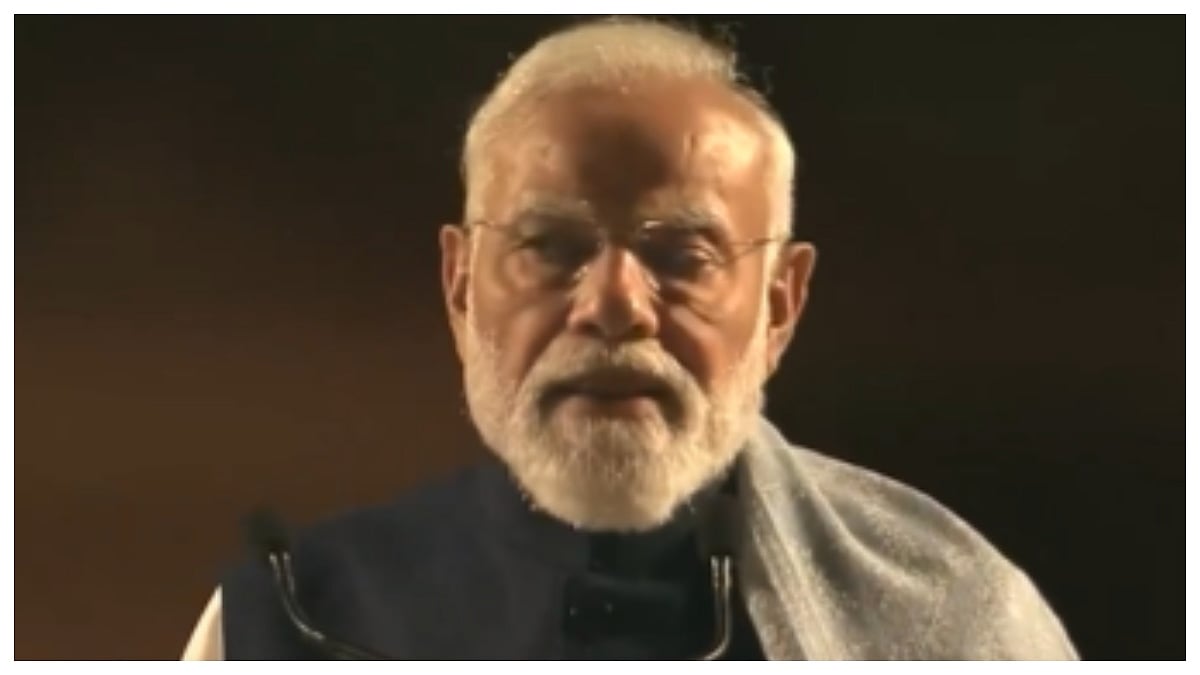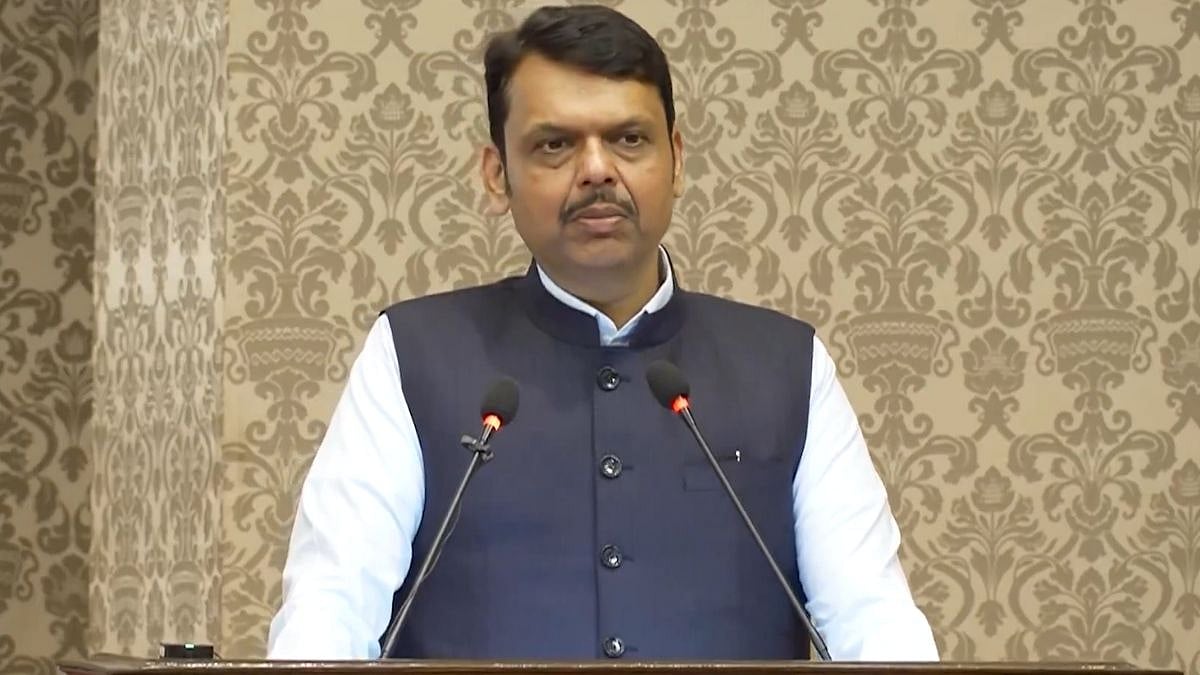The Adani group is in the middle of a crisis thanks to the Hindenburg report, but its changing fortunes have turned the tables for those negotiating with the firm. Emerging from its own crisis, Sri Lanka has approved Adani's wind energy projects, while another neighbouring country found leverage. The port to power conglomerate has agreed to make changes to a 2017 power purchase agreement, which involves a price reduction.
According to the revised pact, Adani has agreed to provide energy to Bangladesh at a cost equivalent to the country's own coal-powered plants. Previously the per unit price of Adani's coal-generated electricity appeared too much for Bangladesh, which is battling a power crisis. Now Adani's prices match those offered by Rampal and Payra plants, which are Bangladesh's joint ventures with India and China.
The decision comes days after Adani agreed to resolve a dispute with truck drivers in Himachal Pradesh after months of protest against its decision to shut down coal plants there. Negotiators representing the truckers admitted that the Hindenburg report's impact did help in softening Adani's stance in the matter. Bangladesh has also found much needed relief in power prices, at a time when shutting down diesel plants due to the Russia-Ukraine war, has led to power cuts.
The announcements may have infused some positivity, but Adani stocks haven't been able to bounce back from the red zone. Despite the agreements with Sri Lanka and Bangladesh, Adani Green Energy and Adani Transmission are among three stocks which dropped 80 per cent in a month.
Adani's ambitious green hydrogen project is still on hold, as its French partner TotalEnergies has paused its $4 billion investment after the Hindenburg report. It has also lost an order for smart meters from a power distribution firm in Uttar Pradesh.







